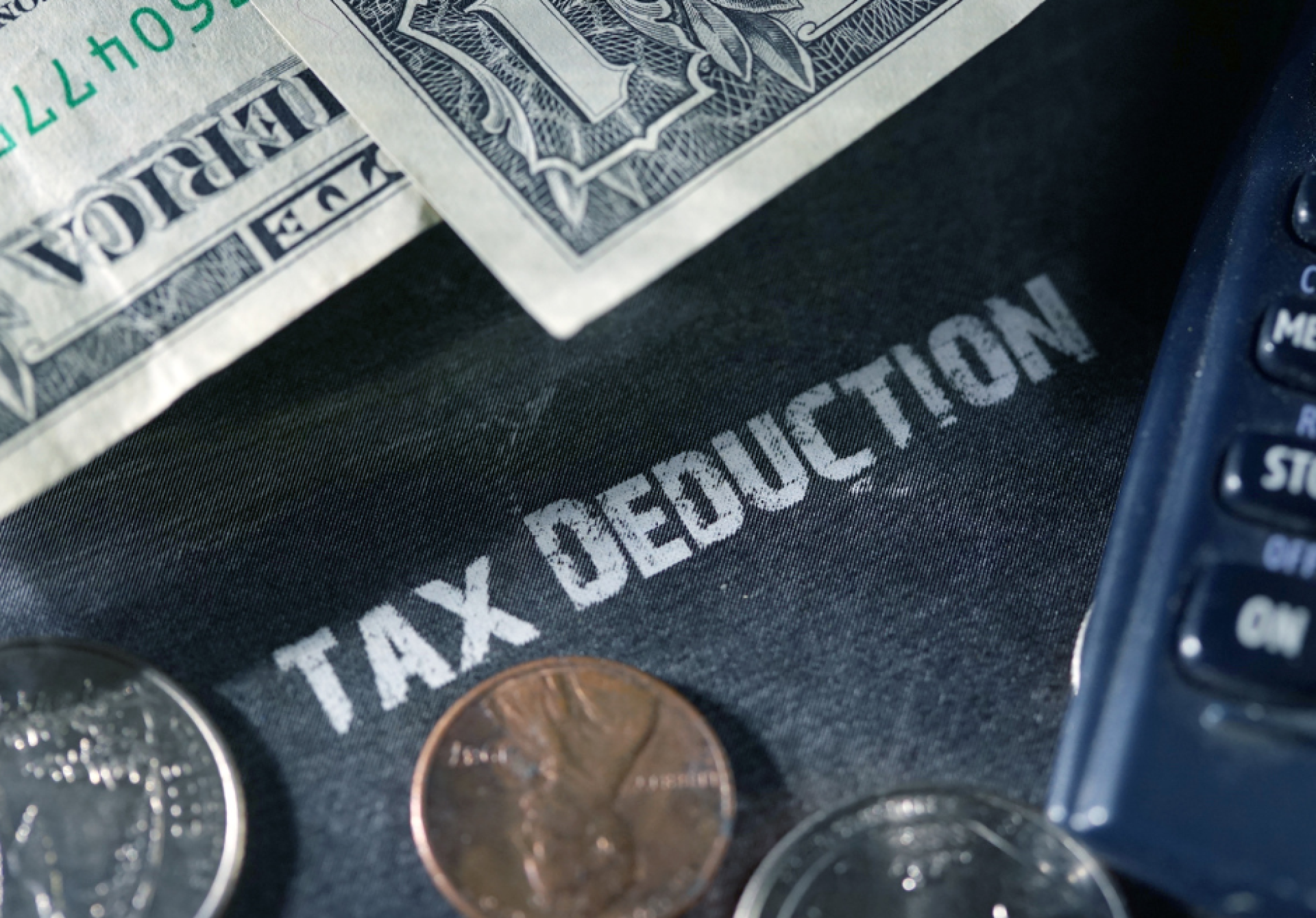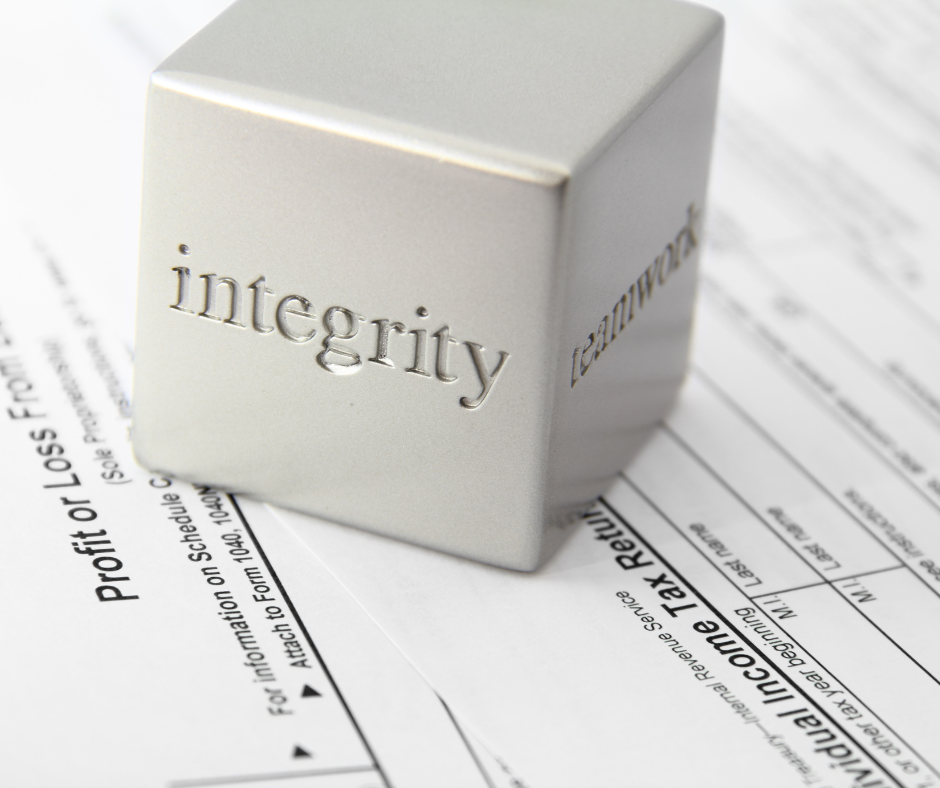Welcome to “Tax Tips from the Trenches,” where we share real-life experiences, insider secrets, and practical advice straight from the front lines of tax preparation!
Running a small business is no small feat – especially when it comes to managing taxes! At Rae's Accounting, we’ve been in the trenches with countless clients, helping them navigate the complexities of tax season. Here’s a behind-the-scenes look at some common deductions that can save your business money and keep more cash in your pocket.
1. Don’t Overlook Home Office Deductions
If you're operating your business from home, the home office deduction is a game-changer. You can deduct a portion of expenses like rent, mortgage interest, utilities, and insurance, provided that you have a dedicated space used exclusively for business. Remember, this space doesn't need to be an entire room – even a corner of your living room qualifies, as long as it’s used solely for your business activities.
Pro Tip: Calculate your home office deduction using the simplified method – $5 per square foot of your home office, up to 300 square feet. It’s quick, easy, and less hassle during tax time.
2. Maximize Your Vehicle Expenses
Are you using your car for business purposes? Whether it's driving to meetings, delivering products, or picking up supplies, those miles can add up to a sizable deduction. Keep a detailed log of your mileage, including the date, purpose, and number of miles for each trip. Choose between the standard mileage rate or actual expenses (like gas, maintenance, and insurance) to find the most beneficial option.
Pro Tip: Consider using an app to track your mileage automatically – it saves time and ensures you don’t miss any deductible miles.
3. Take Advantage of Retirement Plan Contributions
Not only do retirement plan contributions build your future nest egg, but they can also significantly reduce your taxable income. Plans like SEP IRAs, SIMPLE IRAs, and solo 401(k)s offer tax-deductible contributions, helping you save for retirement while lowering your current tax burden.
Pro Tip: Explore the different retirement plan options to find the one that offers the most tax benefits for your situation. If you’re not sure, we’re here to guide you!
4. Deduct Your Professional Development
Staying current in your field often requires ongoing education, memberships, and certifications. The good news? These expenses are tax-deductible! From webinars and workshops to industry association dues, you can write off many of the costs associated with keeping your skills sharp and your business competitive.
Pro Tip: Keep receipts and records for all professional development activities to ensure you can substantiate these deductions if the IRS comes knocking. Don’t Forget About Meals and Entertainment While the rules around deducting meals and entertainment have tightened, you can still deduct 50% of qualifying meal expenses. These might include client meetings over lunch or a team-building dinner for your employees. Ensure the meal has a clear business purpose and that you keep records showing who was there and what was discussed. Pro Tip: Use a separate business credit card for these expenses to keep personal and business transactions clearly separated.
5. Leverage the Qualified Business Income (QBI) Deduction
The QBI deduction allows eligible small business owners to deduct up to 20% of their qualified business income, which can result in significant tax savings. However, not all businesses qualify, and there are phase-out ranges based on income levels, so it’s important to consult a tax professional to see if this applies to you.
Pro Tip: Talk to us at Rae's Accounting about your eligibility for the QBI deduction – it could be a game-changer for your tax bill!
Final Thoughts from the Trenches
Navigating tax deductions can be overwhelming, but you don’t have to go it alone. At Rae's Accounting, we’re here to help you find every deduction you’re entitled to and simplify the process. After all, you’ve worked hard for your money – let’s make sure you keep as much of it as possible!









1.png)
.png)



_large.png)



